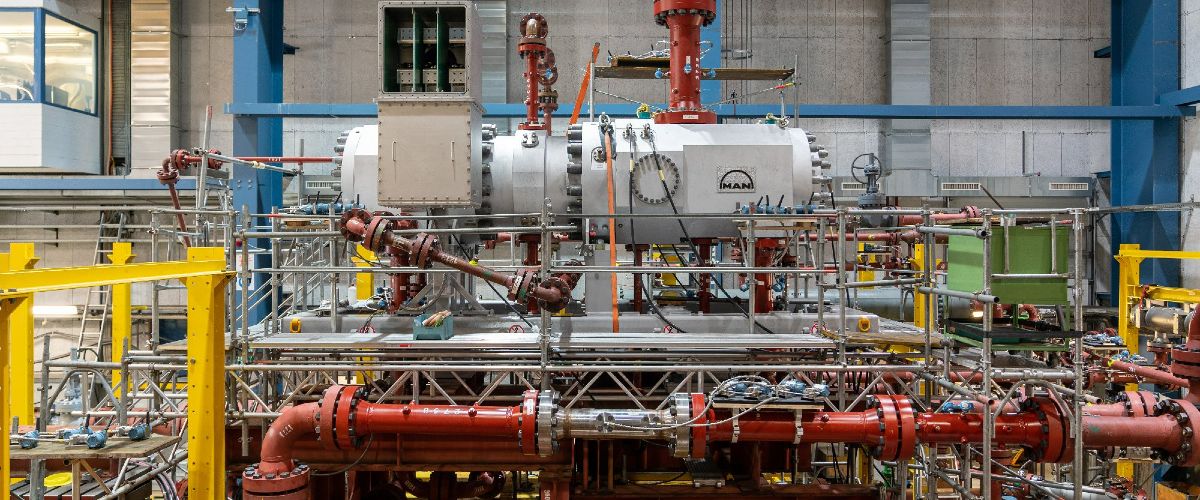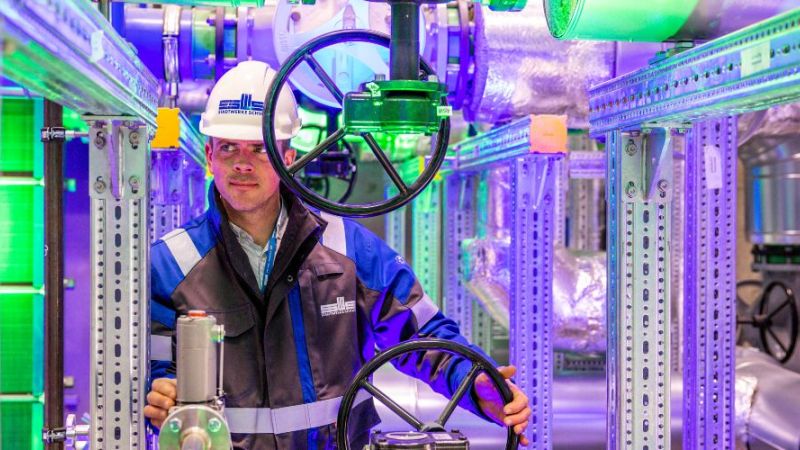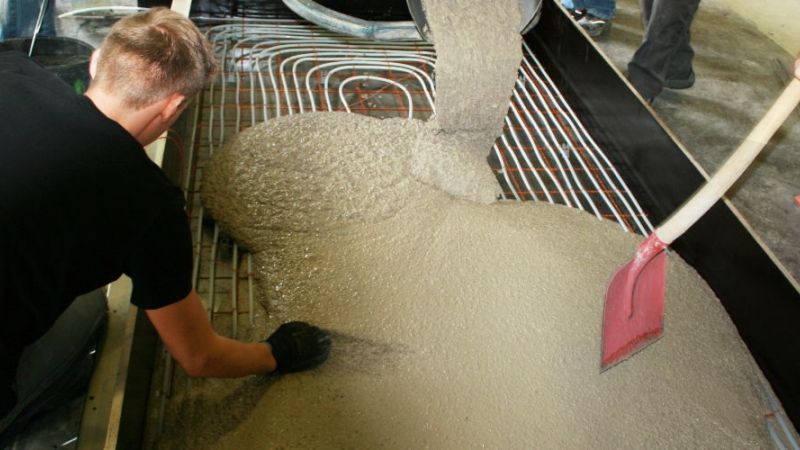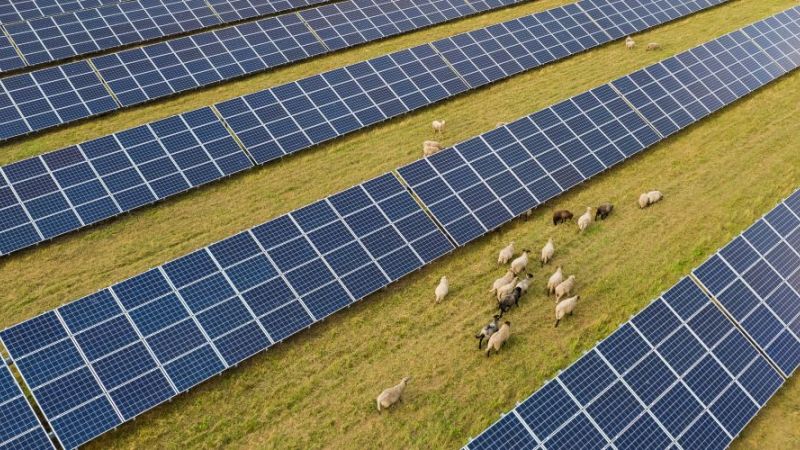Heat pumps and refrigeration technology
Great need for research on heat pumps and refrigeration technology
In the foreseeable future, heat pumps will play a prominent role in the provision of heat in Germany. The German government is promoting the use of heat pumps to electrify the heat supply for buildings, heating networks and industry.
Eligible research content for heat pumps and cooling technology
In order to accelerate the technology ramp-up in the building sector and make it sustainable, research projects are funded that help to make the production of heat pumps and their operation more efficient, environmentally friendly, cost-effective and reliable. This includes research and development on the use of natural refrigerants with low greenhouse gas potential and on optimising the efficiency of components, circuits and overall systems as well as optimised operational management. Energy and acoustic optimisation of the appliances reduces operating costs and also improves the acceptance of the technology for providing heat for residential buildings.
Research and development to optimise production and standardise components and interfaces can also help to reduce costs. Further developments in system design and simplified installation can remove further obstacles. With the expected use of electric heat pumps in a large number of buildings, the repercussions on the electricity system will increase. For this reason, concepts for the grid-friendly operation of heat pumps and storage systems are to be further developed at building and neighbourhood level. The behaviour of the systems will not only be considered in response to control signals from the grid operators, but also with regard to system stability.
Sustainability aspects such as extending the service life, reparability, recyclability and the avoidance of energy-intensive and critical raw materials are of great importance due to the large quantities used in the building sector.
Large heat pumps are used in the expansion of district heating networks in order to replace fossil energy sources. The decisive factor for the efficiency of new systems is the design and integration into the overall system, taking into account the degrees of freedom in the heating network. Additional research aspects include the further development of large heat pumps with the aim of extending the temperature ranges to suit the application, using climate and environmentally friendly refrigerants, scaling production processes and extending the service life. Flexible and grid-friendly operation of the systems is also important, for example in combination with long-term and short-term storage systems for demand-orientated heat supply. In this way, large heat pumps can be used for load management to optimise operating costs or as a system service with high efficiency and reliability.
Other relevant heat pump and refrigeration technology research topics
Industrial heat pumps are used to provide process heat at low to medium temperature levels. One obstacle to the spread of the technology in the industrial sector is the complex planning, as the heat pump has to be linked to the heat sources and sinks of different temperatures and heat output available on site and, if necessary, to an industrial heat network or storage tanks, and the overall system has to be designed. In addition to pure system development to reduce costs and increase the sink temperatures, even above 200 degrees Celsius, methodical research is also required for the establishment of industrial heat pumps on a broad scale, which can simplify the design, planning and investment decision.
As the demand for cooling in industry is permanently high and will continue to increase in the foreseeable future, particularly in building air conditioning, there is a need for research into the further development of electricity-driven compression refrigeration systems to increase efficiency and the use of climate-friendly refrigerants. Progress is also expected in alternative technologies, such as sorption technology or magnetocalorics, particularly in commercial refrigeration systems.






